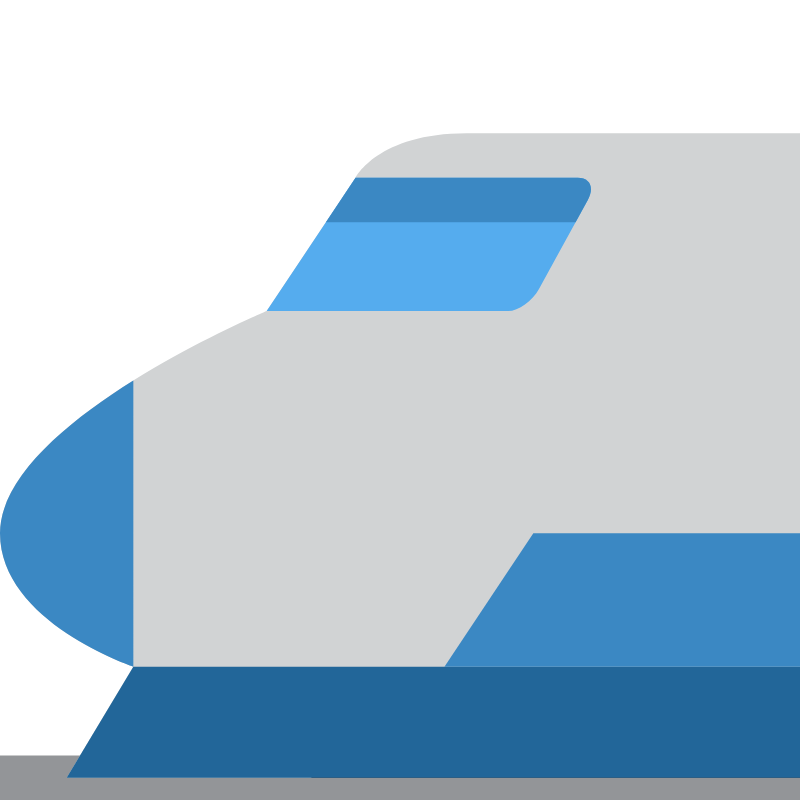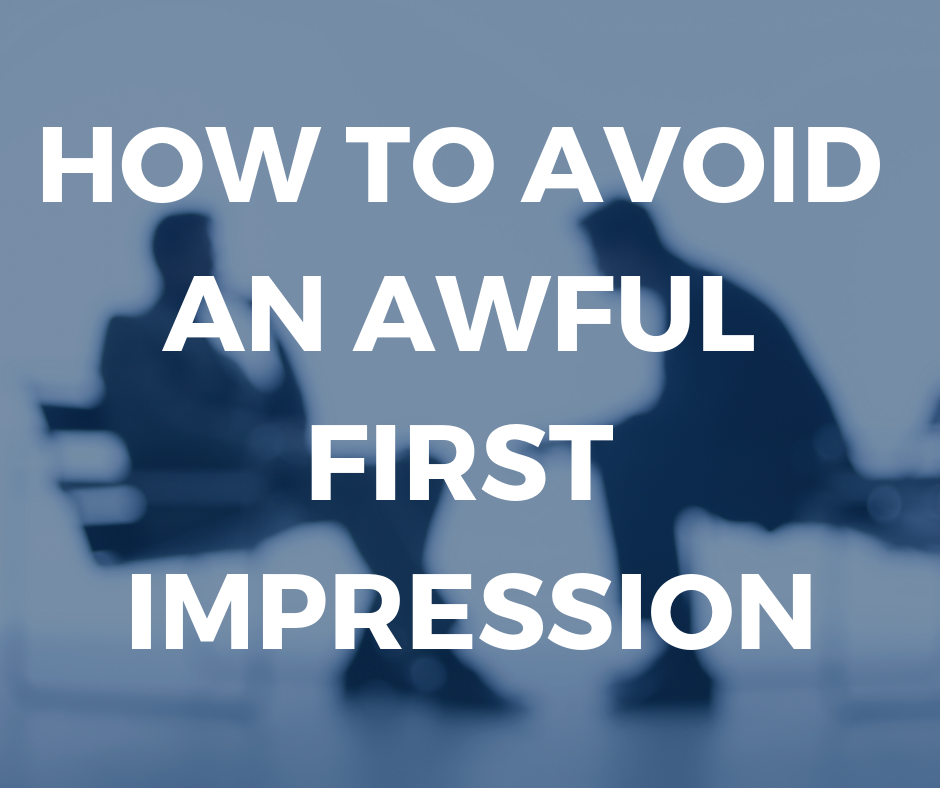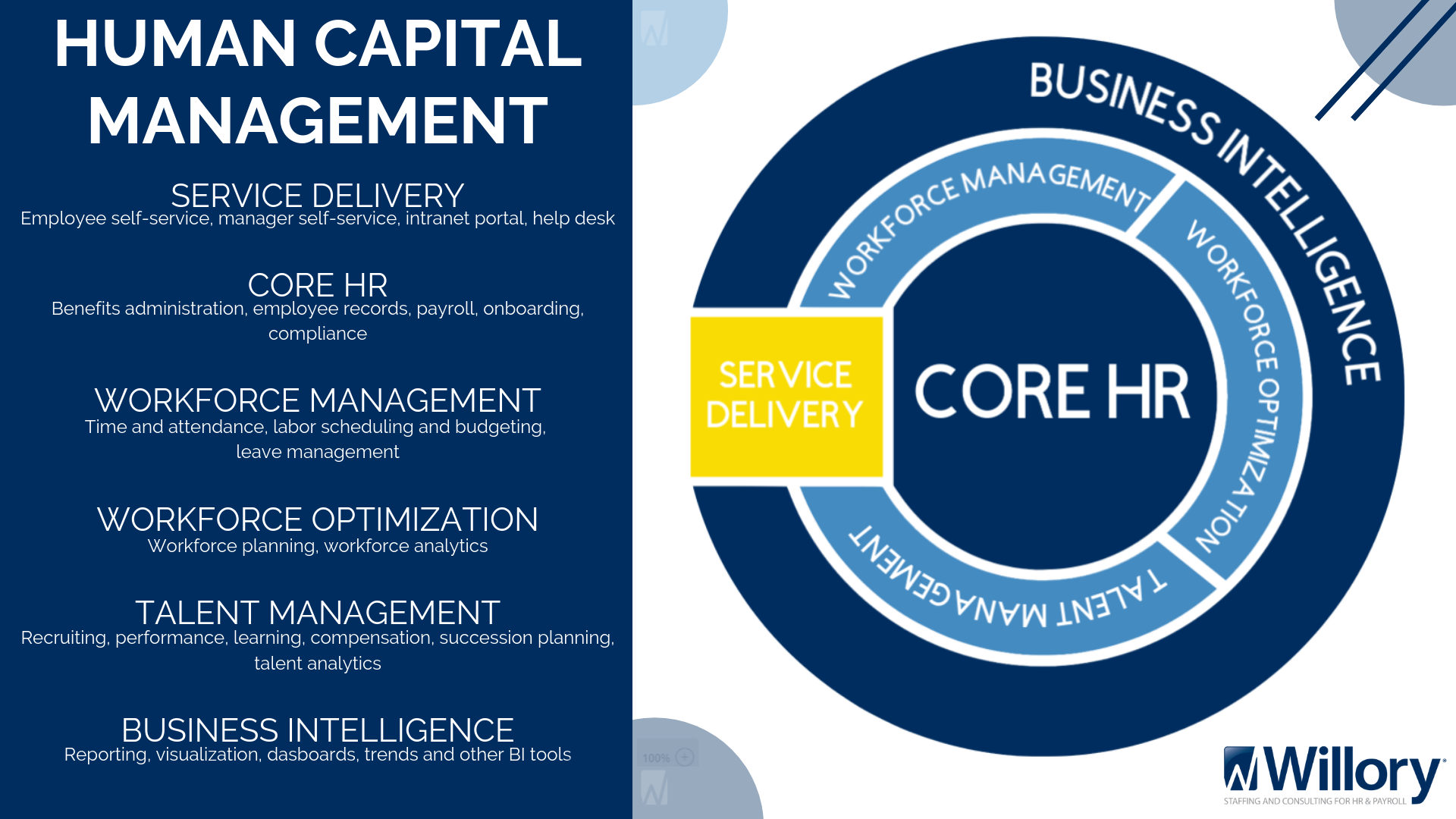 I am a recovering multi-tasker. That’s right. I spent the first nine years of my career in New York, in an industry where multi-tasking was a highly sought-out skill. And I was incredibly proud of my multi-tasking abilities.
I am a recovering multi-tasker. That’s right. I spent the first nine years of my career in New York, in an industry where multi-tasking was a highly sought-out skill. And I was incredibly proud of my multi-tasking abilities.
I said “yes” to every request, jumped from task to task, and worked all hours to meet deadlines. I was incredibly busy but questionably productive.
But then a few things happened that forced me to evaluate how I worked. I had a family, I moved to Cleveland, and I began working as a consultant with Willory. I had multiple clients with competing needs, in addition to a husband and children I wanted to see. Working all evening until things were done was no longer an option. I realized my way of working was no longer…working for me.
I’m here to say that I’m no longer a proud multi-tasker, and I’m now focused on harnessing the power of uni-tasking. This concept was introduced to me by John Bernatovicz, and I made it my mission to use it to improve my productivity. Here’s what I learned…
It’s a myth universally accepted that multi-tasking improves productivity. In fact, there is no such thing as multi-tasking, alternately it’s actually switch-tasking and it can not only hinder productivity but can harm your health.
Some facts about switch-tasking:
- It takes 25% longer to complete tasks when going between tasks
- Multi-taskers are 40% less productive (Harvard Business Review)
- When every task is urgent, you waste resources on the wrong priorities
- Decision making takes longer
- The cumulative impact to organizations can be 50-75% net loss in productivity
 Imagine if your organization could gain back 50-75% in productivity. What HR and payroll policies and strategies could you improve when you’re more focused on being proactive instead of reactive? Could you cut down on payroll errors or costly litigation? In addition to increasing productivity, focusing on one task at a time helps your health. When you switch-task, your body releases cortisol…the stress hormone and distracted people experience a 10-point drop in their IQ. This means, in addition to being behind on tasks, you’re now stressed out and not as smart.
Imagine if your organization could gain back 50-75% in productivity. What HR and payroll policies and strategies could you improve when you’re more focused on being proactive instead of reactive? Could you cut down on payroll errors or costly litigation? In addition to increasing productivity, focusing on one task at a time helps your health. When you switch-task, your body releases cortisol…the stress hormone and distracted people experience a 10-point drop in their IQ. This means, in addition to being behind on tasks, you’re now stressed out and not as smart.
Let that sink in for a second.
So, how can you improve your productivity? Here’s my uni-tasking silver bullet:
Plan
One of the biggest differences between people who are productive and busy people, is that productive people set aside time for planning. Make a list of everything you need to do, then break large tasks into smaller tasks, estimate the amount of time, and set deadlines.
Set Deadlines
According to Parkinson’s Law, work expands to fill the amount of time available for completion. Instead of allowing things to drag on, set realistic deadlines and plan to meet those deadlines.
Prioritize
Do you know the difference between urgent and important? Urgent tasks are ones that require immediate attention and put us in a reactive mode. Important tasks are activities that contribute to our long-term mission, vision, and goals. When we focus on important activities we operate in a responsive mode, which helps us remain calm, rational, and open to new opportunities.
Schedule Time
Your priorities should be on your calendar and should be non-negotiable. If you have to move something, do so, but do not cancel the activity.
Eliminate Distractions
We all face them constantly throughout the day. Especially when it comes to email. We recommend you turn off email, add an out of office, and don’t give in to the temptation of checking your inbox.
Create Accountability
Accountability is NOT about beating yourself up. It is about checking in on where you are at TOWARDS YOUR GOALS, examining the why have/haven’t made progress, and then taking steps to correct course.
To take the idea of planning and scheduling time one step further, I like to practice the 3 “B’s”:
- Bookending
Schedule to begin and end your day with time to think through and prioritize the day(s) ahead. - Blocking
This is where you set aside specific time for important and strategic projects. The more consistent you can be about putting this first, you can achieve more. - Batching
Group small, similar tasks together and tackle. I batch together all my internal Willory systems tasks into one timeframe. This means I’m not switch-tasking at other times.
By prioritizing tasks, blocking out my schedule, and eliminating distractions, I’m able to accomplish so much more with my day. I’m able to move my focus beyond what is merely urgent to what is truly important in my life – both professionally and personally.
This balance is why I’m so passionate about uni-tasking. It has helped me shift from being busy to productive. What are your tips to being more productive?
Recently Posted
Tag Cloud
Office

OH 44210
Connected:
Quick Links
For Employers
For Candidates
Your Source For HR & Payroll News
- Privacy Policy
- Terms & Conditions
- Site Map



